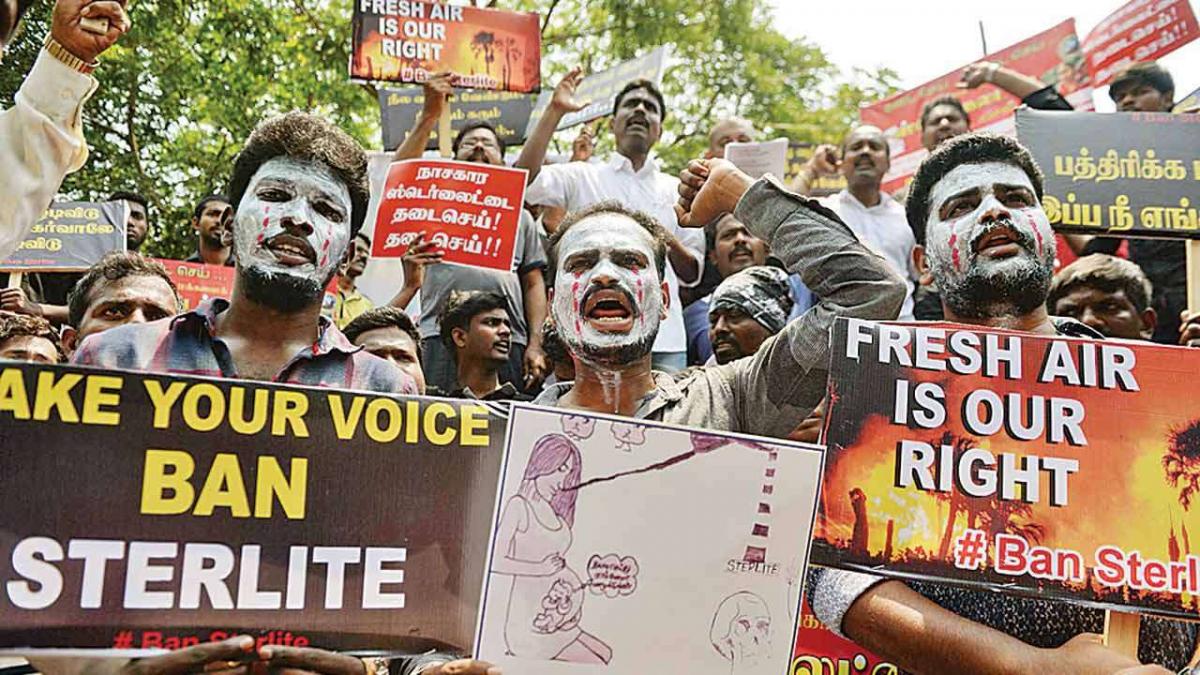by- Nityanand J
1. Has Supreme Court ordered the reopening of Sterlite Copper Smelter?ANS: No. It has merely refused to stay the NGT order which quashed the order of the TNPCB rejecting Sterlite’s license to operate and the grounds for the same. It also passed an injunction on a stay of the NGT order obtained by Prof. Fatima of Thoothukudi in the Madras High Court. While quashing TNPCB and GoTN’s orders revoking Sterlite’s license and shutting down the plant, the NGT had also asked TNPCB to consider afresh the company’s application for renewal of
2. Does this mean that the TNPCB now HAS to grant
3. What can we expect now?ANS: You can expect Vedanta to write a fresh letter to TNPCB asking it to consider their applications for Renewal of Consent to Operate and renewal of hazardous waste authorisations anew. You can expect TNPCB to consider that application. You can hope that the TNPCB will do a better job of presenting violations and following procedures this time.
TNPCB is expected to consider the submissions, take into account specific complaints raised by
4. Can TNPCB reject the license once again?ANS: Yes, it can. But for such a rejection to sustain a legal challenge, it must be done lawfully and on unshakeable grounds. If the TNPCB finds a reason to reject the application — such as, say, a violation of a Consent Condition — it should offer Vedanta an opportunity to clarify its position and show cause why action should not be taken against it. Only if Vedanta’s reasons are not satisfactory can the TNPCB take the next step of rejecting the
5. Are there good grounds to reject the license?ANS: Yes. There are numerous grounds on the basis of which the factory can never be allowed to reopen. Fraud, misrepresentation of data and an irreparably under-designed facility are just a few such problems that present strong grounds for rejection of license.
This by no means is the end of the road. There is many a legal slip between the cup and the lip.

January 12, 2019 at 4:28 pm
The court has given explanation to many doubts arising out of the dangers posed by the plant